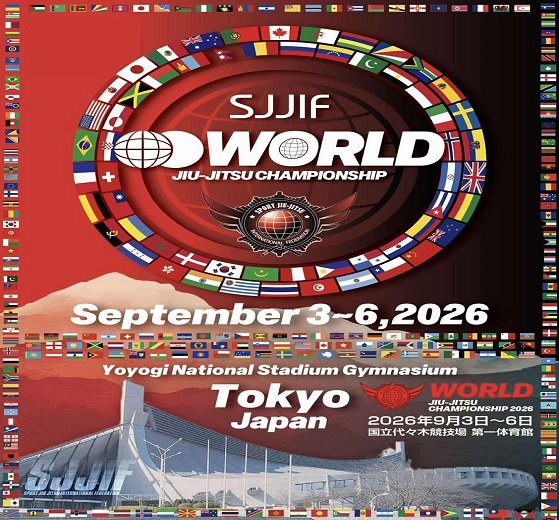Zabit Magomedsharipov, a former UFC featherweight contender, recently made headlines with his firm stance against returning to the octagon. In a candid statement, Magomedsharipov revealed that the UFC has reached out to him multiple times with promises of various incentives to entice his comeback.
Despite these overtures, Magomedsharipov remains resolute in his decision to not return, emphasizing that financial considerations are not a factor in his choice. This article explores the implications of his decision and the broader context of his career.
"Zabit Magomedsharipov Refuses UFC Return: Analyzing Rejection Statements and Organizational Challenges"
"رفض زابيت محمدشاريبوف العودة إلى UFC: تحليل تصريحات الرفض والتحديات التي تواجه المنظمة"#chechnya #dagestan pic.twitter.com/cnplbmfWU5
— mmamag.ma (@jamalsoussi10) August 1, 2024
Magomedsharipov’s Position
In his recent statements, Zabit Magomedsharipov disclosed that the UFC has contacted him three to four times in attempts to convince him to make a return to fighting. According to Magomedsharipov, the UFC has promised numerous incentives to persuade him, but he remains uninterested in rejoining the organization. He emphasized that his decision is not driven by financial gain, suggesting a deeper, more personal rationale behind his refusal.
Reasons Behind the Decision
- Personal Fulfillment vs. Financial Incentives: Magomedsharipov’s refusal to return despite financial promises highlights a key aspect of his decision-making process. It appears that for Magomedsharipov, personal satisfaction and perhaps other career aspirations outweigh the potential financial benefits. This reflects a broader trend where athletes prioritize their mental and emotional well-being over monetary gains.
- Past Experiences: Magomedsharipov’s prior experiences with the UFC might play a significant role in his reluctance. If previous engagements with the organization left him disillusioned or dissatisfied, it would be natural for him to be hesitant about returning. The nature of his previous tenure could have influenced his perception of the UFC and its promises.
- Current Priorities: At this stage in his career, Magomedsharipov may have different goals and priorities. Whether focusing on personal life, other professional opportunities, or simply valuing his peace and health, these factors could be central to his decision to stay away from the sport.
UFC’s Efforts and Implications
- UFC’s Persistent Outreach: The repeated attempts by the UFC to re-engage Magomedsharipov suggest that they see value in having him back in the octagon. This could be due to his previous performance and potential marketability as a fighter. The UFC’s persistence indicates their belief that Magomedsharipov could contribute significantly to their roster.
- Impact on UFC’s Strategy: Magomedsharipov’s refusal to return, despite UFC’s efforts, might influence the organization’s approach to managing and negotiating with fighters. It underscores the need for UFC to address not only financial incentives but also the personal and professional motivations of their athletes.
Broader Implications
- Athlete Autonomy: Magomedsharipov’s decision highlights the growing trend of athletes exercising greater control over their careers. It reflects a shift towards valuing personal fulfillment and autonomy, challenging traditional notions of athlete engagement primarily driven by financial incentives.
- Future Prospects: The situation could influence other fighters in the UFC and beyond. If prominent figures like Magomedsharipov prioritize personal reasons over financial gains, it might prompt organizations to reconsider their approach to athlete management and retention.
Conclusion
Zabit Magomedsharipov’s refusal to return to the UFC despite significant promises from the organization sheds light on the evolving dynamics between athletes and sports organizations. His decision underscores the importance of personal satisfaction and autonomy in an athlete’s career. As the UFC continues its efforts to bring back top talent, it will need to adapt its strategies to accommodate the diverse motivations and aspirations of its fighters.



